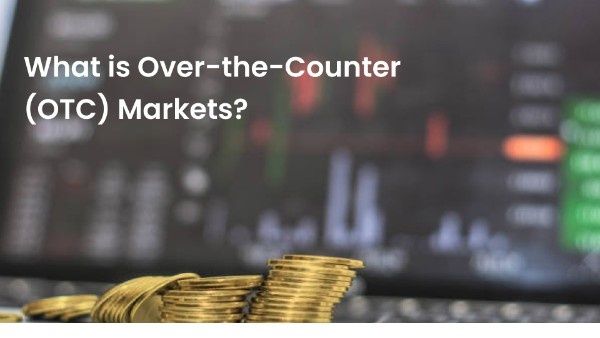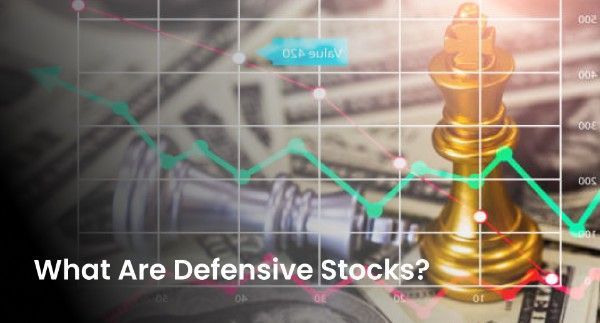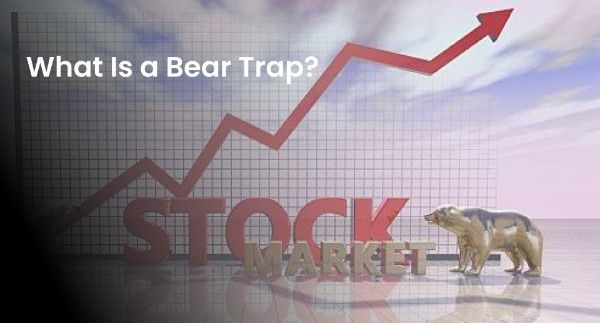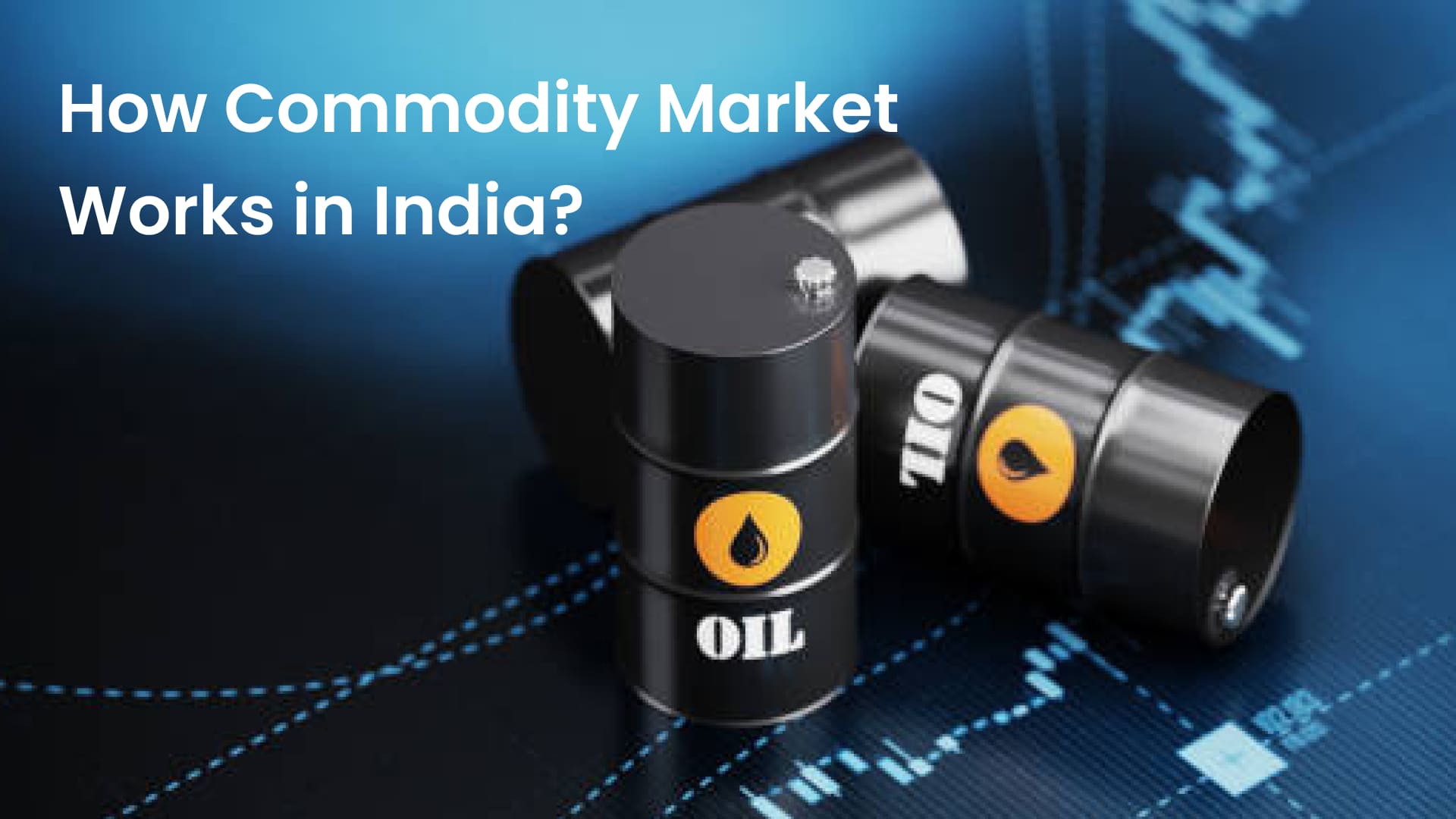What is the Over-The-Counter (OTC) Market?

The over-the-counter market, also referred to as the OTC market, is a decentralised marketplace where a wide range of financial securities can be bought and sold. One of the unique characteristics of the OTC market is that the transfer of securities happens directly between two parties without the involvement of any third party, such as the stockbroker or an exchange.
Another feature that sets the OTC market apart from a traditional stock exchange is that it does not have a physical location or strict regulations. Instead, it usually operates through a network of individual dealers and investors who quote prices at which they will buy or sell a particular security.
Types of OTC Securities
Now that you know the meaning of the OTC market, here is a quick overview of some of the types of financial instruments that are often traded on it.
Equity Stocks
Equity stocks are the most commonly traded OTC securities. Investors often turn to the over-the-counter market to trade in shares of companies that have been delisted from exchanges. Additionally, penny stocks, shares of privately held companies, and shares of companies that are yet to go through the IPO process are also traded on the OTC market.
Bonds
Bonds also form a substantial part of the OTC market. Some of the different types of bonds that are routinely traded include corporate bonds, municipal bonds, and even government securities. The OTC bond market, however, is mostly populated by institutional investors.
Derivatives
Derivative contracts like forwards, swaps, and exotic options are among the most popular OTC securities. These contracts, unlike the ones that are traded on a stock exchange, are highly customised and are often negotiated directly between two or more parties. OTC derivatives are tailored to meet the specific needs of institutional investors or corporations.
Forex
The forex market is the largest over-the-counter market in the world. Here, currencies of foreign countries are traded through a global network of banks and other financial institutions. The over-the-counter market for forex operates 24 hours a day, five days a week, except on the weekends.
OTC Markets Group
The OTC Markets Group is a key player in the over-the-counter market. It is an American financial services company that provides three different platforms for trading more than 12,000 OTC securities. The three platforms that the group provides include the following:
OTCQX
The OTCQX market comprises established investor-focused companies and has the highest levels of reporting standards.
OTCQB
The OTCQB, also known as the venture market, is a platform that is dedicated solely to early-stage and developing companies.
Pink Market
The pink market is a market that houses some of the most speculative stocks with minimal to no reporting standards and often includes shell companies and penny stocks.
Pros and Cons of the OTC Market
Like any other financial market, the OTC market also has its own set of advantages and disadvantages. As an investor, if you plan on trading in the over-the-counter market, you must have a thorough understanding of its various pros and cons. Let us first discuss the advantages of this unique market.
Advantages of the OTC Market
The OTC market offers a plethora of benefits for both companies and investors. Here is a quick look at some of the key benefits.
Reduced Regulatory Burden
For a company to get listed on an official stock exchange, it has to go through the IPO process, which can often be expensive and time-consuming. The OTC market, meanwhile, has little to no regulatory oversight, allowing smaller or younger companies to access the capital markets without going through extensive reporting requirements.
Enhanced Flexibility
The over-the-counter market provides companies and investors with more flexibility in terms of deal structures and trading hours, which is often missing when trading on stock exchanges.
Better Growth Potential
Although highly risky, investors can earn high returns by investing in penny stocks, companies that are yet to go public, or companies whose shares were delisted from exchanges, especially when the companies make a dramatic turnaround.
Access to Diverse Securities
The OTC market provides investors with access to a much wider range of securities, including foreign stocks and exotic financial instruments, which are often not available on regular exchanges.
Disadvantages of the OTC Market
Despite the many advantages of this market, certain key drawbacks make OTC trading highly risky for most traders and investors. Let us quickly go through some of the key disadvantages.
Lack of Transparency
Companies on the over-the-counter market are usually not bound by reporting requirements. Therefore, many of them do not file regular financial reports or lack publicly available information, making it difficult to assess value and risks accurately.
Low Liquidity
The trading volumes on the OTC market are much lower compared to those on organised exchanges. Such low levels of liquidity can make it challenging to buy or sell large positions without affecting the price.
Risk of Manipulation
Due to less stringent regulations, the OTC market is very susceptible to price manipulation, fraud, and pump-and-dump schemes.
Conclusion
The OTC market plays a crucial role in the global financial system, offering opportunities for both small and growing companies as well as large and established corporations. While it offers opportunities for investors to access potentially high-growth investments, it also comes with significant risks due to its less regulated nature.
If the OTC market is too risky for you, it is advisable to stick to trading and investing in organised exchanges. Motilal Oswal's Research 360 can help you navigate the complex world of trading and investment with ease. Research 360 is a comprehensive platform designed to revolutionise stock market research.
With the various features and tools embedded in Research 360, such as stock screeners, industry analysis, and result analysis, investors can make well-informed decisions aligned with their financial goals and risk tolerance levels. Sign up for Research 360 today and experience the class-leading research-oriented features of the platform.

















